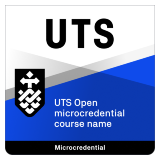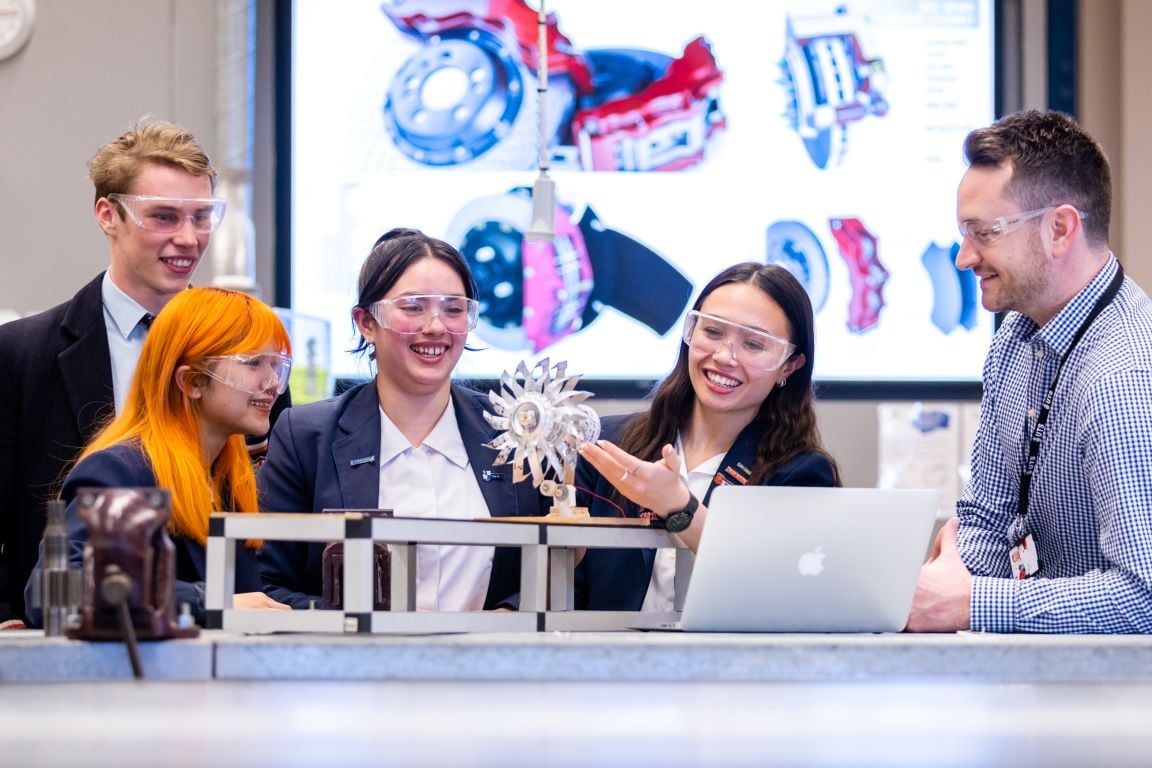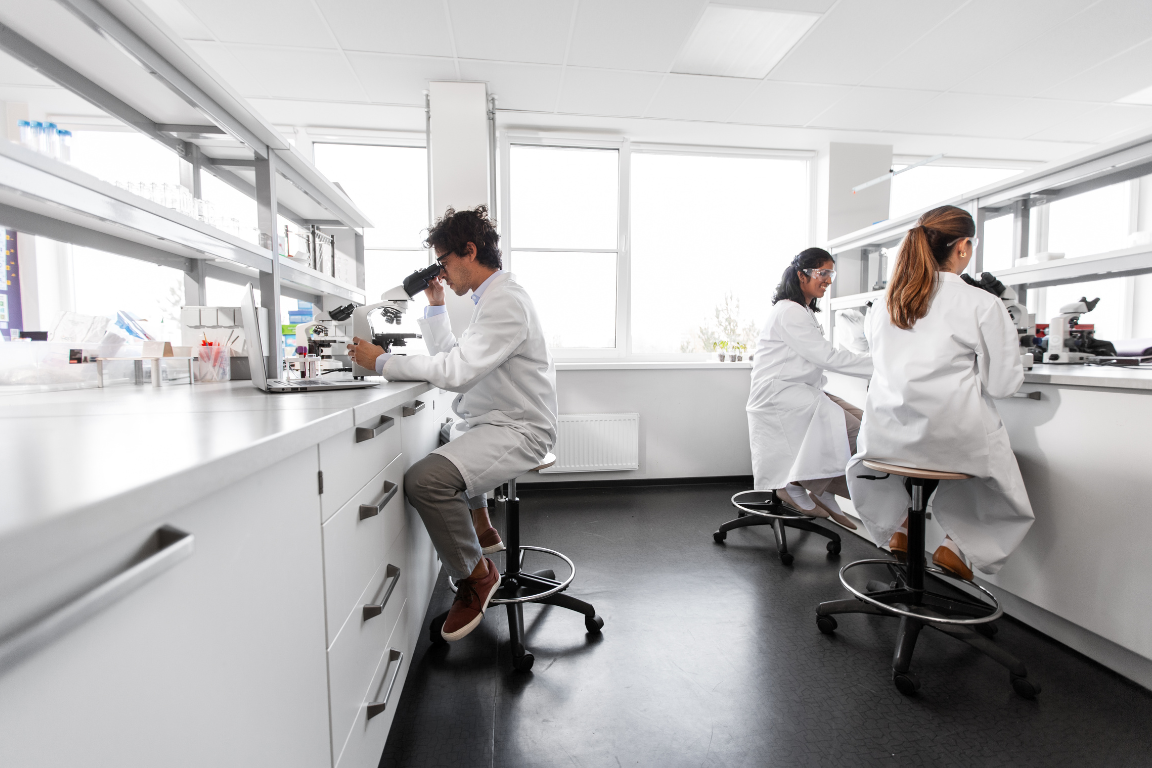Cytogenetics and molecular genetics are widely used in diagnostic laboratory medicine and are one of the fastest growing demand areas. To keep participants up-to-date with what employers need, this microcredential builds on the participant’s knowledge of basic molecular biology and genetics. The linking of theoretical concepts to case studies throughout the course encourages the reviewal of knowledge and how it relates to patient health.
In the first weeks of the course, the focus is on the basic techniques used in cytogenetics, such as types of staining and karyotyping. Participants access case studies to use their freshly gained knowledge to test their skills in sorting karyotypes for common numerical chromosomal abnormalities. This has a direct application to their final assessment.
The course then moves to the finer structural abnormalities such as deletions, duplications, inversions and insertions and how they can result in balanced rearrangements to the individual, or unbalanced rearrangements that may cause almost no outward symptoms, to the most serious cases of physically and mentally disabled patients. Participants are required to research and collect data from recommended reading materials to investigate for themselves the varied outcomes on the individuals effected.
In the second half of the course, the focus shifts to clinical cytogenetics (moving away from using the karyotype alone) and incorporating the use of molecular cytogenetic techniques such as fluorescence in situ hybridisation (FISH) analysis, multiplex ligation probe amplification (MLPA), microarrays and sequencing. In a clinical setting, this allows for the identification of genetic changes at the gene level and lower, down to single nucleotide polymorphisms. These technologies now have many applications, particularly in haematology and oncology, as well as antenatal testing.
With this information, participants will be able to look at clinical cytogenetic results and clinical histories for a patient and build pedigree that tracks the abnormality through generations. They can then provide information on a clinical course for monitoring or potentially treating a disease. Participants will demonstrate this in their final assessment, where through their interpretation of the results, they build a pedigree in the style of a medical report and create an informative brochure that can be given to patients or their families to understand the chromosomal or genetic abnormality. This meets the need for participants to be able to communicate with other clinical professionals, as well as be able to describe the condition in lay terms to patients.
Course delivery
This course will be delivered online through the Canvas learning management system (access will be provided) via six learning modules. The modules will comprise theory content and its application, using case studies. Modules will include self-directed learning activities with interactive content, to reinforce learning objectives such as online karyotyping and pedigree creation.
Each module will include an industry-led 1.5 hour online collaborative workshop, where participants review case studies and work through challenging topics. Interactive discussion boards will be available for prompt feedback between workshops.
















